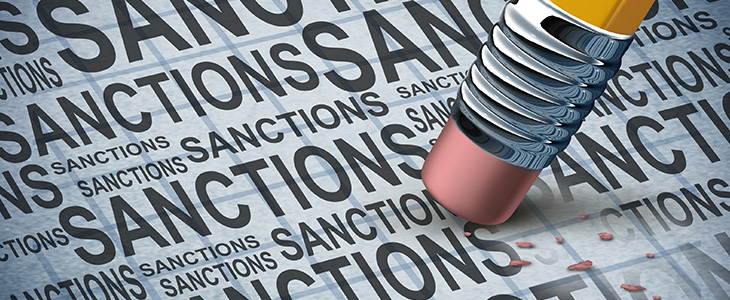Many people see the value of the monetary value of information, including protecting digital data by using data rooms, in the current economic crisis. However, many argue that their intellectual property rights are being infringed upon. Although intellectual property is not the only thing that should be protected, lawyers believe it to be a significant issue.
Economic sanctions
Economic sanctions such as reduced manufacturing and service exports, the imposition of tariffs and quotas, and the theft of intellectual property can hurt economies tremendously. The consequence of this is higher prices for consumers and lower consumer spending, job loss, loss of tax revenues, and a general decline in economic activity. Economists who study sanctions agree that they are bad for businesses and that economic sanctions should be avoided.
However, economists do not agree on why economic sanctions are bad for businesses. It seems clear that economic sanctions have made businesses less profitable. In fact, many economists argue that economies and the free market work better with economic sanctions because they prevent the economy from over-extending itself.
Rather than allowing sanctions to damage the business model, many economists favor protecting the corporate business model from economic sanctions through intellectual property rights. Furthermore, the economics of intellectual property protection has proven to be highly effective.
What do economists think?
If we assume that everything is fair in the real economy, the following example should make sense. If a company runs a business that makes products that you can afford, you will be much more likely to buy that product from that company than to buy one from someone else. If you cannot afford it, then you should not buy it from that company.
This economic sanction is an example of a form of sanctions that should not be allowed to occur. It does not matter how great a company is. They can be ruined by this form of economic sanctioning. This means that the greatest value of intellectual property is in the hands of the business.
If you look at the situation in a slightly different way, you will find that economic sanctions may actually be beneficial to the company. Because the government does not want the company to die, they might try to stop the economic sanctioning so the company can continue. However, if they do not, then the company is safe from economic sanctions and will be able to continue their business unhindered.
There are two different methods by which the government can protect intellectual property rights. There is a First Amendment defense for the company, and there is an economic sanctions defense. If you think about it, the First Amendment defense can be used to make it harder for the government to use economic sanctions to shut down a company.
Another example of the potential cost of economic sanctions is for a company to close a plant or its operations. If a company is not profitable, and the economy is in dire straits, then they are forced to close down. The economist who focuses on the economic sanctions will argue that it is bad for business, but the First Amendment may be able to get around this and convince the government to protect the company’s rights.
Companies may be threatened with economic sanctions and lose a lot of revenue. This could mean millions of dollars of lost revenue. The economist who focuses on the economic sanctions will argue that if the economic sanctions were used against the company, they would not have survived.
By talking about economic sanctions, the economist can convince the government to protect intellectual property rights. He can show that the loss of revenue that is caused by economic sanctions is excessive, and it would be expensive for the company to be allowed to continue operating under these sanctions. However, if the company was smart, they would fight back against economic sanctions by using their intellectual property rights.

